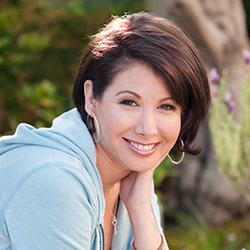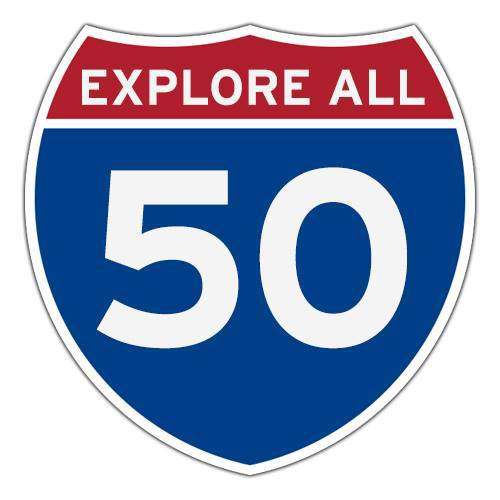
After exploring more of Alaska than most tourists get to see, I can say without hesitation, that Alaska is one of the last if not the only truly wild places left in the USA. Our 49th state is known as the "last frontier" and I know I am gushing here (we've literally just gotten back as I am writing this) but visiting Alaska was a life changing experience. Venturing out into the wild taught us many things but most importantly it taught us to recognize our place in this world-in the ecosystem that is planet earth.
 I think what I loved most about Alaska is that nature takes center stage. It is not a place that is overrun with people. There are grand landscapes as far as the eye can see, huge mountains covered in the greenest of trees and topped with icy caps-it's so beautiful you just can't believe it's real. In many places there were no cabins, or roads or people as far as the eye could see. Though all of Alaska is stunningly beautiful, my favorite place was the Kenai Peninsula. As we fished in the Kenai River for sockeye salmon, we saw a black bear come and take some fish, and bald eagles soaring above in all their majestic glory. I really felt in awe as I marveled at the unspoiled nature that surrounded me. It was truly humbling. It really made me think about how few places like this are left in our country mostly because humanity is no longer humbled by nature but seeks to control it at every turn. Standing there in the stream felt like spiritual refreshment. All at that moment seemed right with the world.
I think what I loved most about Alaska is that nature takes center stage. It is not a place that is overrun with people. There are grand landscapes as far as the eye can see, huge mountains covered in the greenest of trees and topped with icy caps-it's so beautiful you just can't believe it's real. In many places there were no cabins, or roads or people as far as the eye could see. Though all of Alaska is stunningly beautiful, my favorite place was the Kenai Peninsula. As we fished in the Kenai River for sockeye salmon, we saw a black bear come and take some fish, and bald eagles soaring above in all their majestic glory. I really felt in awe as I marveled at the unspoiled nature that surrounded me. It was truly humbling. It really made me think about how few places like this are left in our country mostly because humanity is no longer humbled by nature but seeks to control it at every turn. Standing there in the stream felt like spiritual refreshment. All at that moment seemed right with the world.
 One of my goals on this trip was for all of us to learn about the native Alaskan people and gain some insight into their culture and unique heritage. We sought out experiences to interact and learn in every place we visited and were richly rewarded with a new perspective, sincere appreciation and best of all new friends. Native Alaskans have a powerful bond with their environment that is both physical and spiritual. We have much to learn from them but the most important message is-Take only what you need and don't waste-. Though some dismiss them as unsophisticated they are infinitely more
One of my goals on this trip was for all of us to learn about the native Alaskan people and gain some insight into their culture and unique heritage. We sought out experiences to interact and learn in every place we visited and were richly rewarded with a new perspective, sincere appreciation and best of all new friends. Native Alaskans have a powerful bond with their environment that is both physical and spiritual. We have much to learn from them but the most important message is-Take only what you need and don't waste-. Though some dismiss them as unsophisticated they are infinitely more  advanced in methods of conservation and sustainability among other things. Living off the land in such extreme conditions requires amazing skill, and they are masters at it.
advanced in methods of conservation and sustainability among other things. Living off the land in such extreme conditions requires amazing skill, and they are masters at it.
The native Alaskan's message was lost on those who sought their fortune here at the turn of the century hoping to strike it rich mining for gold. But that too is a critical part of the state's history as well and we channeled that excitement as we too panned for gold. We didn't exactly strike it rich with the small flecks we found in our pans, but we were richer for sharing those precious moments together. We learned that gold is still  being mined today along with another important commodity- "black gold" or oil, which snakes down the huge Alaska pipeline from Prudhoe Bay in the North to Valdez in the south-half a million barrels a day. I pray that in spite of all these activities that take things out of the ground, putting big money in corporate pockets, that Alaska continues to stay wild.
being mined today along with another important commodity- "black gold" or oil, which snakes down the huge Alaska pipeline from Prudhoe Bay in the North to Valdez in the south-half a million barrels a day. I pray that in spite of all these activities that take things out of the ground, putting big money in corporate pockets, that Alaska continues to stay wild.
Exploring Alaska is a true adventure in every sense of the word and I am so grateful that I got to share the experience discovering the last frontier with my three children, Lilia, Isaac and Joel. We are all forever changed for being humbled by the awesomeness of nature, for learning from Native Alaskans that we are part of the ecosystem-not masters of it, and most of all that respecting our world means taking only what we need and not wasting. I encourage you seek out your own adventures in our 49th state, exploring the truly wild in all it's magnificence and finding out what it means to you.









Sounds like an amazing trip, and I look forward to more posts about your adventures.
My husband and I visited Alaska in May and plan to return. Denali National Park and Hubbard Glacier are awesome. Visiting the Saxman Native Village in Ketchikan was high on our list and a great learning experience. Alaska is like no other state in the U.S. We plan to return to visit the Kenai Peninsula, Seward and Homer, the halibut capitol of the world.